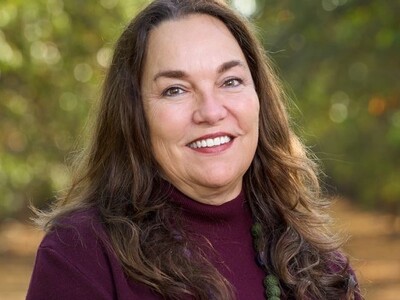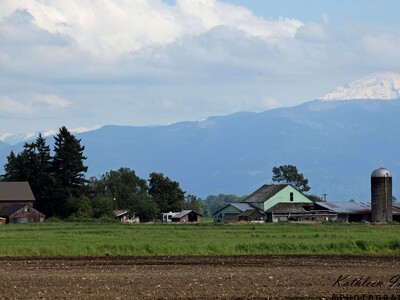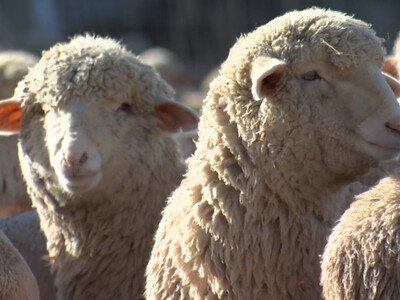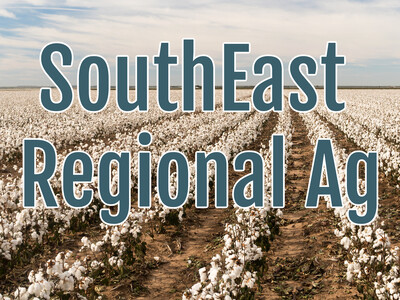The Western Rural Development Center
University of Idaho has opened its first federally funded center, which is tasked primarily with organizing research-based studies and educational outreach programs to address problems facing rural communities. (WRDC), one of four rural development centers throughout the country created by Congress’s passage of the Rural Development Act of 1972, recently ceased its affiliation with Utah State University (USU). U of I received federal funding to operate it in early September.The centers are funded by the U.S. Department of Agriculture’s National Institute of Food and Agriculture (USDA-NIFA) to “link science-based research and educational outreach capacity of the nation’s public universities with communities, local decision-makers, entrepreneurs, families and farmers and ranchers to help address a wide range of development issues.”
Regional centers seldom change hands. The WRDC, for example, was launched out of Oregon State University before moving to USU in 1999. Ongoing WRDC projects have transferred to the new staff’s oversight at U of I.
“As the new home of the Western Rural Development Center, the University of Idaho solidifies its role as a leader in driving innovative solutions for rural communities not just in our state, but across the entire Western region,” said Gov. Brad Little. “Idaho’s strong agricultural roots combined with our commitment to rural development uniquely positions us to address the critical challenges facing rural areas today.
“This center will allow Idaho to further leverage its strengths, fostering collaboration and expanding research-based solutions that enhance the vitality of rural communities. It underscores Idaho’s leadership in shaping the future of the West.”
Paul Lewin, who was an associate professor and UI Extension specialist and director of the Rural Studies and Digital Economy programs, prepared and submitted the university’s grant application. Lewin relinquished his prior duties to serve as director of the WRDC, which is based in the University of Idaho Boise offices on the second floor of the Idaho Water Center.
Having the WRDC will position U of I faculty to forge new relationships with researchers from other top land-grant universities in the West, creating new opportunities to secure research dollars by leveraging the collective expertise of diverse academic institutions.
“The WRDC actively engages with local communities, translating research findings into actionable solutions,” Lewin said. “By fostering collaborative projects that involve faculty from Western universities, the center contributes to the wellbeing of rural areas. It establishes U of I as a hub for joint, community-driven initiatives.”
The WRDC collaborates with land-grant institutions from 13 Western states, American Samoa, Guam, Micronesia and Northern Marianas to coordinate rural development research, education and Extension programs.
Budgets for the centers vary and are approved by Congress, which awarded $700,000 toward the WRDC’s operations in the current fiscal year.
Some of the funding will go toward multi-state projects and helping institutions hire graduate students and postdoctoral researchers. The bulk of the funds will cover the hiring of an administrative team, which will include an associate director, a business specialist, an Extension research clinical faculty member and two postdoctoral researchers.
“We are honored to be selected as the new home of the Western Rural Development Center, which will enable our faculty to take a lead role in collaborating with top experts from other institutions to help tackle some of the challenges facing rural communities,” said Michael Parrella, dean of the U of I College of Agricultural and Life Sciences. “Paul Lewin deserves tremendous credit for his work in securing this center and accepting the responsibility to lead it heading forward.”
The WRDC will also be involved in workforce development, educating community leaders on grant opportunities and informing public policy by identifying experts to write position papers on relevant issues.
“We celebrate that the Western Rural Development Center’s new home is Idaho,” Idaho Department of Commerce Director Tom Kealey said. “The Western Rural Development Center’s move recognizes the incredible strength and innovation of rural Idaho. We look forward to working with the enter to serve our flourishing rural communities and businesses across Idaho and the Intermountain West.”
The four centers often collaborate on key issues. For example, the Southern Rural Development Center, based out of Mississippi State University, has taken the lead on a federal initiative to reduce the rural-urban digital divide, collaborating with the other centers on a program to train Extension professionals to help communities overcome their barriers.
Similarly, the Northeast Rural Development Center at Penn State University is leading research and Extension efforts to understand and support the role of recreation in bolstering economic growth.
Lewin understands the value of the WRDC firsthand. The WRDC invited Lewin to participate in a collaborative team on two consecutive USDA-NIFA Agriculture and Food Research Initiative proposals to support business recruitment and expansion. He worked with the WRDC for eight years on these projects.
“The WRDC operates a lean staff, strategically collaborating with faculty from other universities to bolster research initiatives,” Lewin said. “Joint projects with experts from partner institutions elevate U of I’s standing in the academic community and attract funding opportunities for impactful research.”













